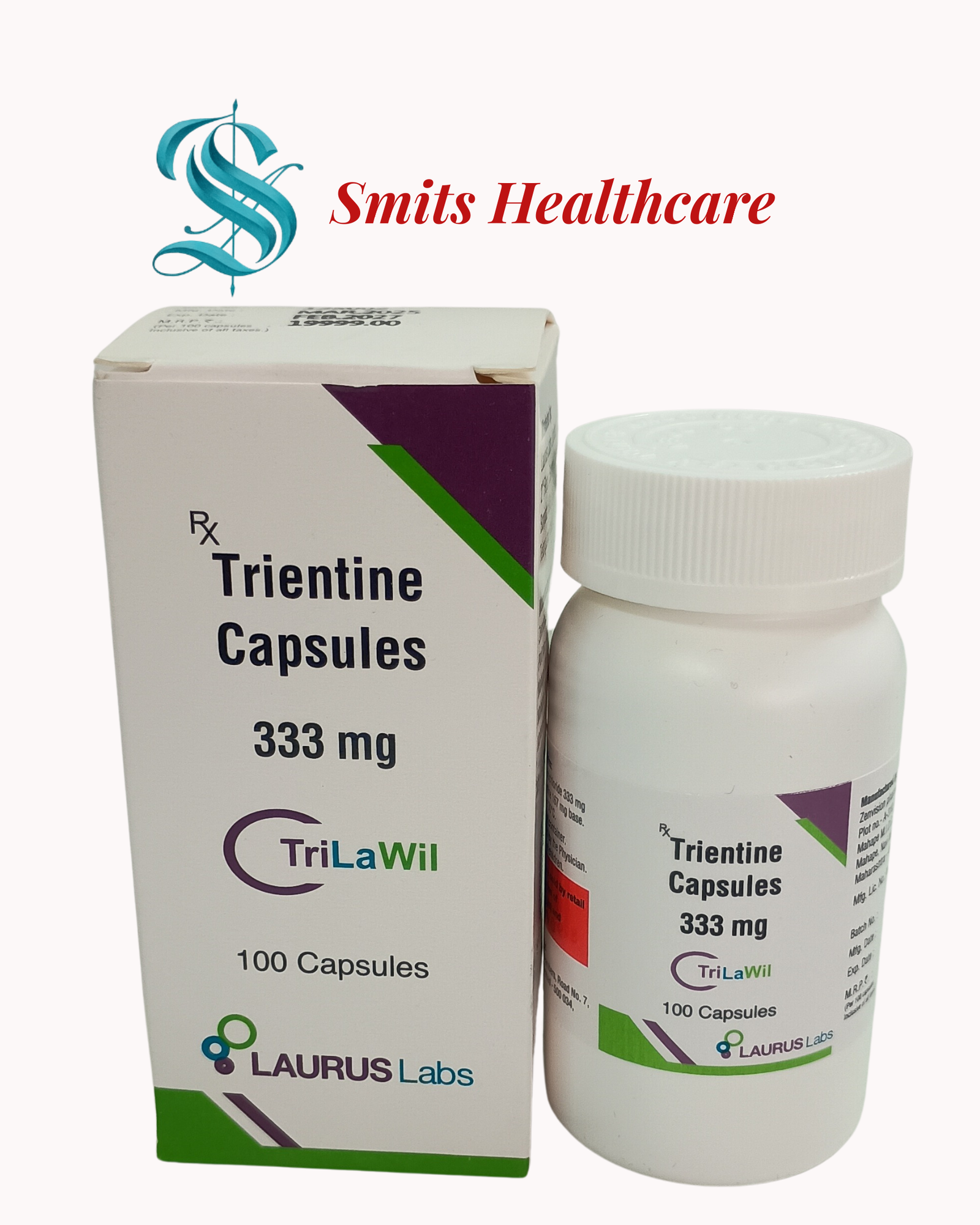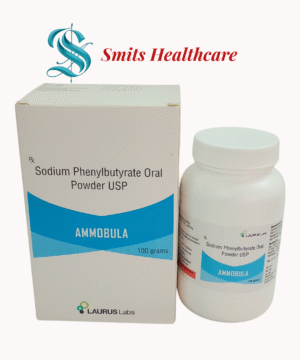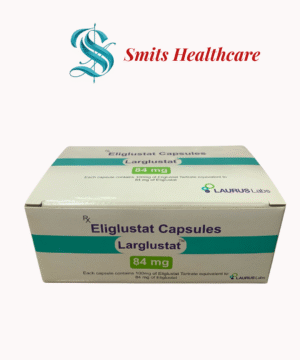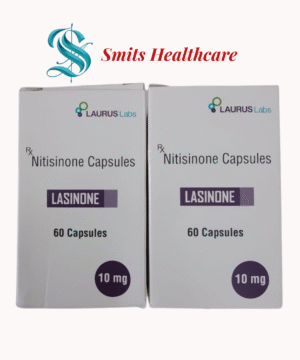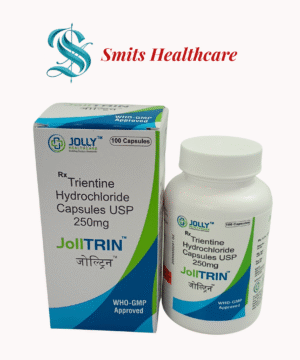Trilawil is an oral chelating agent used primarily for the treatment of Wilson’s disease, a genetic disorder characterized by excess copper accumulation in the liver, brain, and other organs. It is often prescribed for patients who cannot tolerate Penicillamine, another copper-chelating medication. Trientine binds copper in the body and helps eliminate it through the urine, thereby reducing copper-related toxicity.
Mechanism of Action
-
Trientine binds free copper ions in the bloodstream, forming a stable, non-toxic complex.
-
The copper-trientine complex is then excreted through the urine, lowering total body copper.
-
By reducing copper accumulation, it prevents liver damage, neurological symptoms, and other complications of Wilson’s disease.
Uses
-
Treatment of Wilson’s disease (copper overload).
-
Used in patients who are intolerant to Penicillamine.
-
Helps prevent liver damage and neurological complications caused by copper accumulation.
-
Maintenance therapy to control copper levels long-term.
Adverse Effects
-
Nausea, vomiting, or abdominal discomfort
-
Fatigue or weakness
-
Mild rash or skin irritation
-
Joint or muscle pain
-
-

